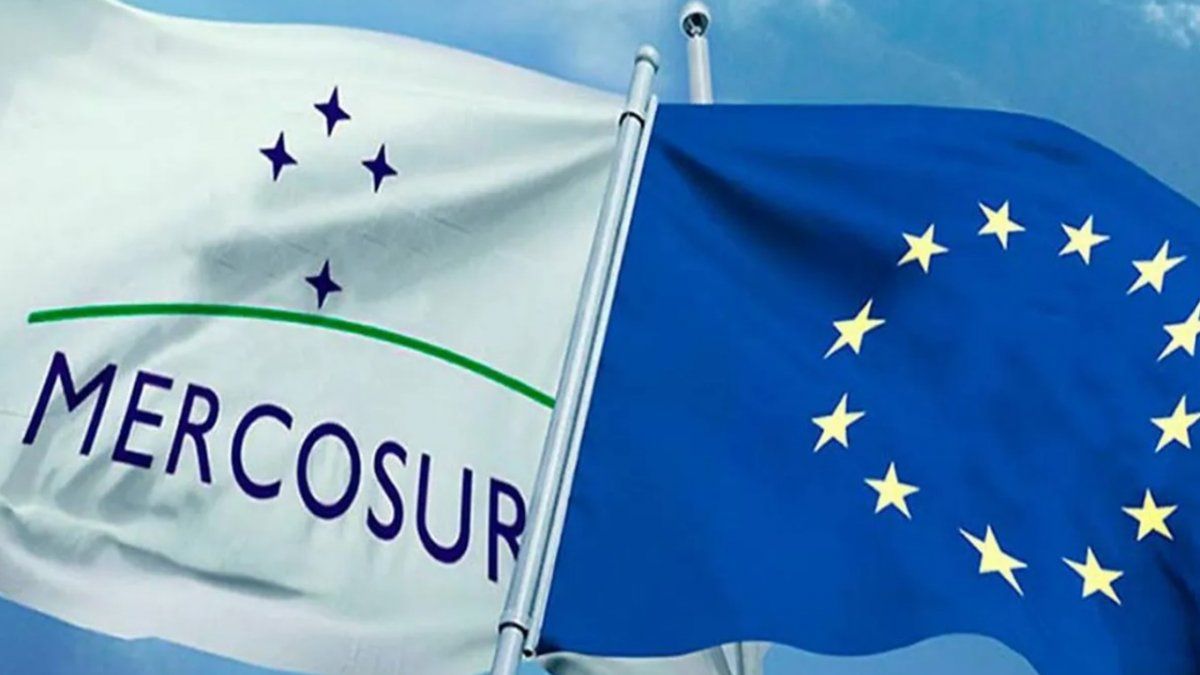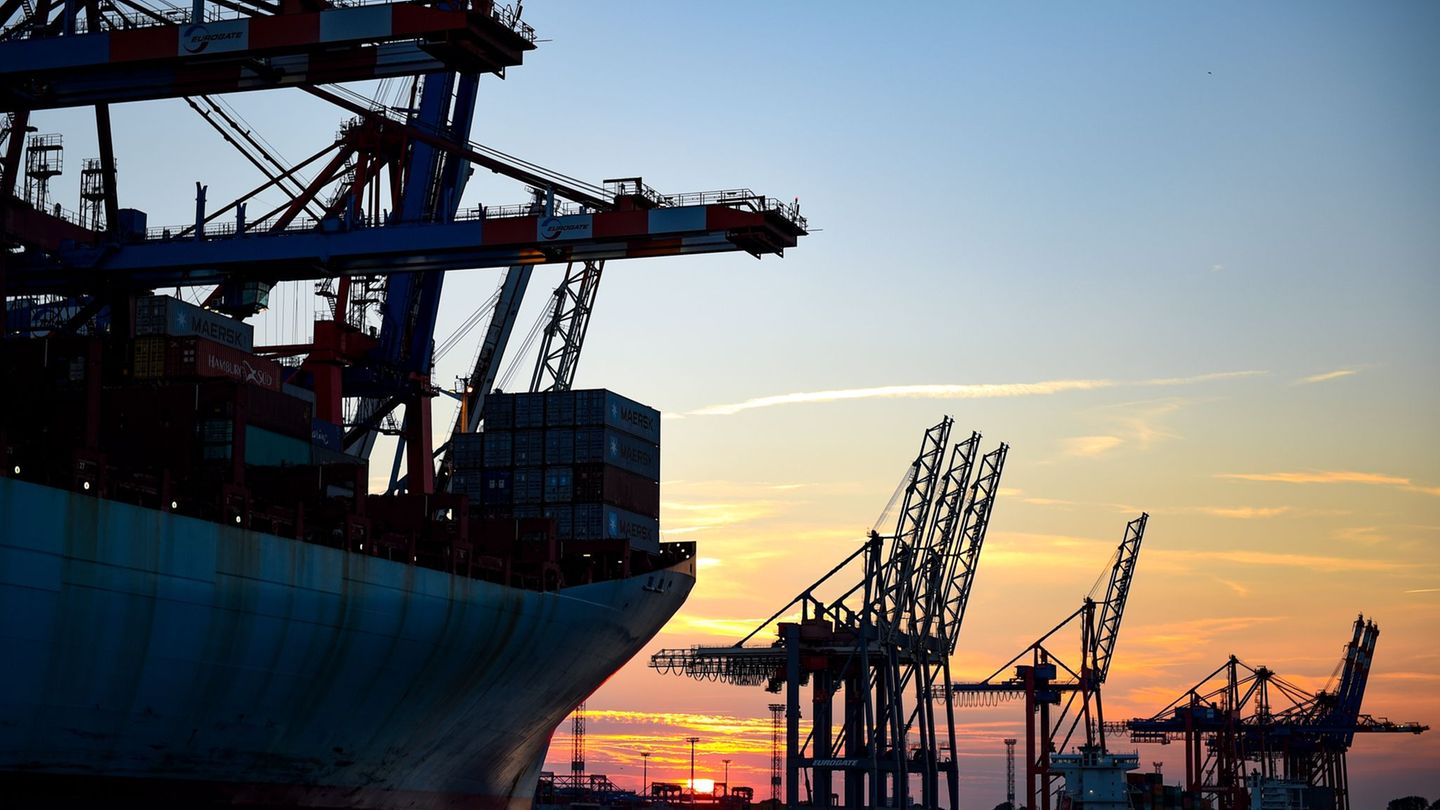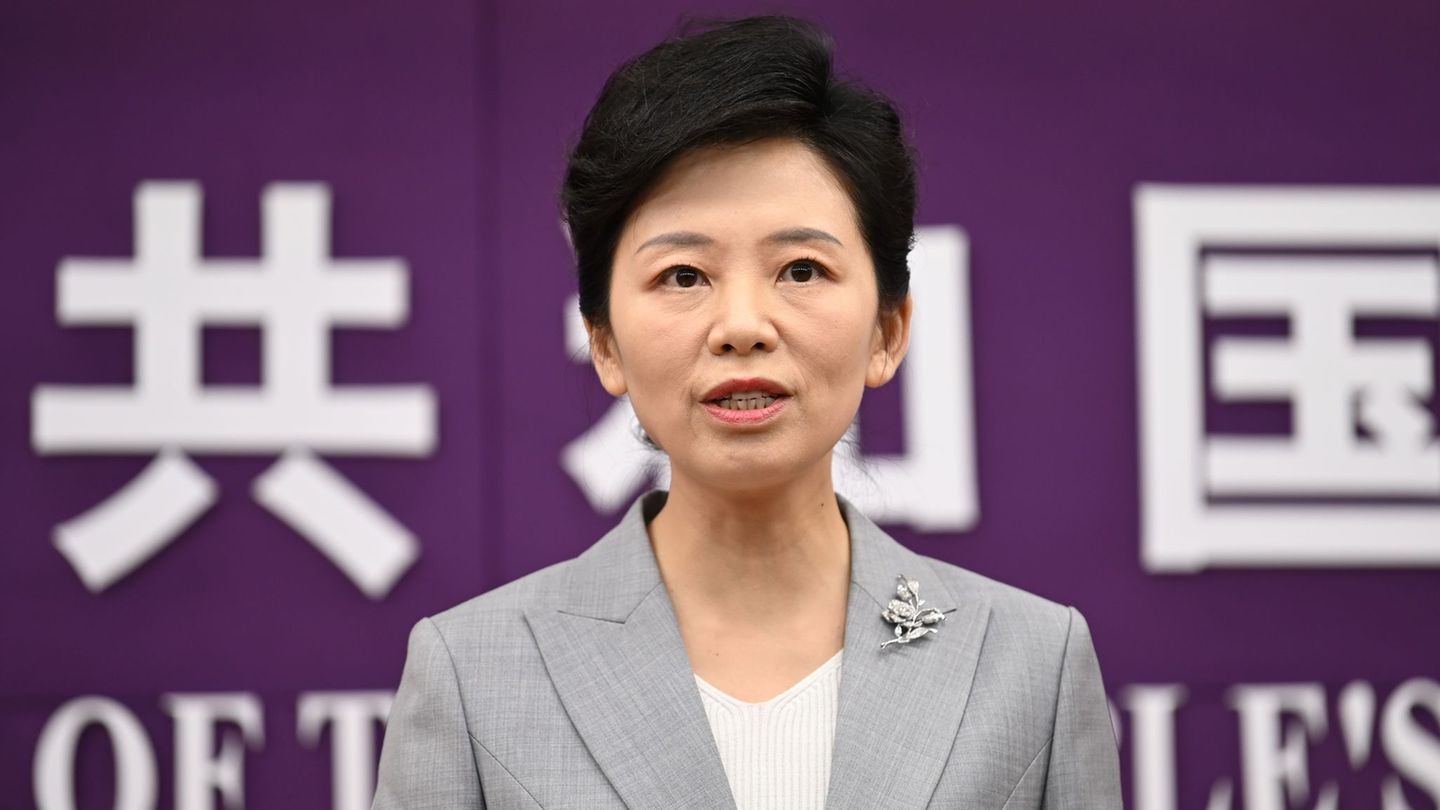Crucial issues such as trade in electric cars, export duties, competition in public procurement and the parameters of EU anti-deforestation legislation are on the agenda for this month’s talks.
Under the pressure of a tight schedule and the convergence of political interests, the European Union (EU) and the Mercosur They are striving to close a trade agreement before the beginning of December, aspiring to seal an agreement that has been on hold for a considerable time.
The content you want to access is exclusive to subscribers.
The negotiations have intensified significantly, with Brussels accelerating the pace and depth of discussionsconvinced that a viable political agreement will only be possible during the Brazilian presidency of the Mercosur.


The emphasis on reaching an agreement before December 7, marked deadline by the Brazilian presidency, has been highlighted as a key point for both parties. Senior Brazilian diplomats have stressed the importance of resolving some pending details, necessitating political decisions on certain issues in which the President Luiz Inácio Lula da Silva will be involved.
However, uncertainty returns to haunt due to the results of the presidential elections in Argentina, where the victorious candidate, Javier Milei, slipped to remove the country from the Bloc. This political turn casts shadows on the negotiation process.
FTA: negotiations between the parties
The discussions on the historic treaty between the EU and the Mercosur bloc, made up of Brazil, Argentina, Uruguay and Paraguay, have gone through more than two decades. An agreement in principle in 2019 fell apart when the EU demanded additional environmental commitments from South America before signing, triggering disagreements over concerns about European protectionism and fears of competition with South American agricultural and wine products.
- Brazilian diplomats maintain that the 2019 agreement lacked balance and was rushed by the previous administration of Jair Bolsonaro in search of a political victory.
Despite current advances, there remain doubts about the real possibility of reaching a definitive agreement. Paraguayan President Santiago Peña has warned of the distance Mercosur will take if the EU does not conclude the treaty by December 6, expressing concern about the EU’s unwillingness to give in to negotiations.
- The frustration of the failed EU-Australia trade deal has served as a catalyst for both sides, propelling them towards action. Political instructions are converging, but time is limited and there are still outstanding issues on the table.
Crucial issues, such as trade electric cars, export duties, competition in public procurement and the parameters of EU anti-deforestation legislation, are on the agenda for this month’s talks. The search for a mechanism to take measures if the EU blocks certain exports is a priority raised by Mercosur.
The previous tensions over the measures of the Paris Agreement on climate change have been an obstacle, but both parties are working on an intermediate instrument to resolve these differences.
While the conclusion of the treaty would be a milestone, it will face a ratification process in Mercosur’s national parliaments, the European Parliament and EU governments, a path it must still travel even after reaching an agreement.
Source: Ambito




